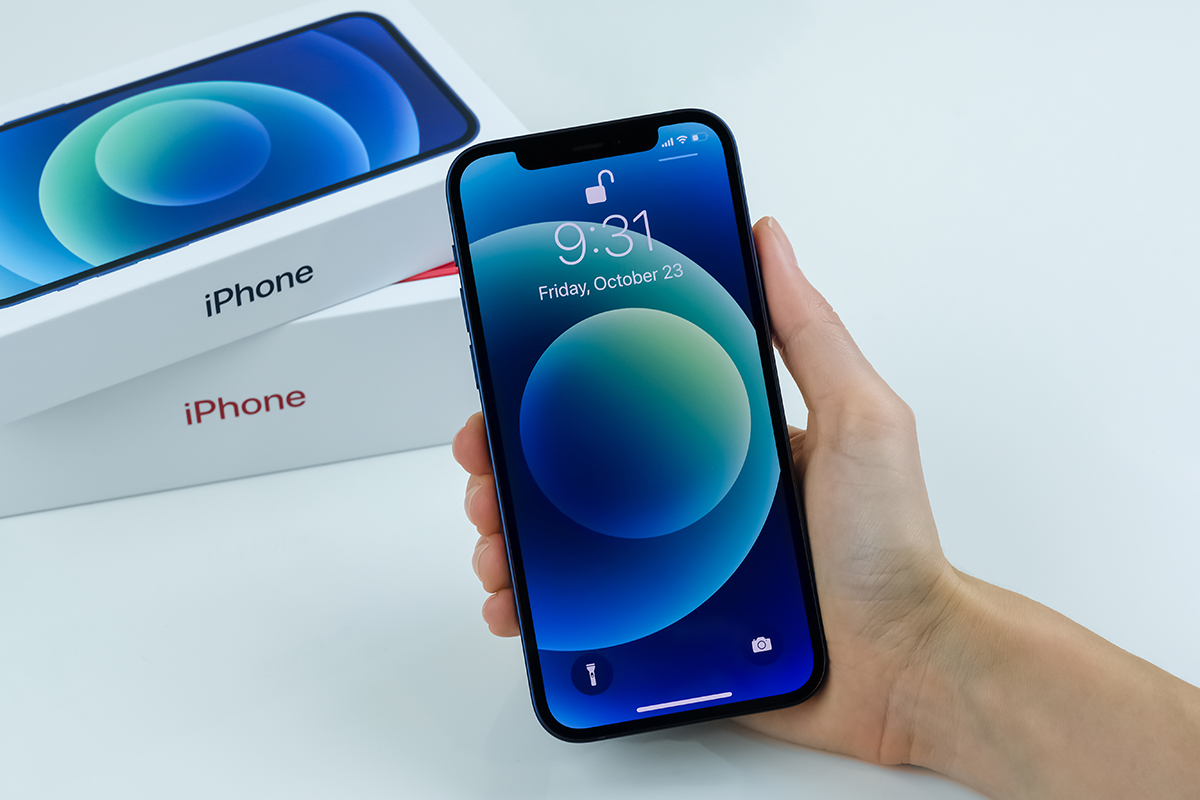Apple is set to roll out an update for its iPhone 12 in France amidst radiation concerns, according to the nation’s digital minister.
Jean-Noel Barrot confirmed that Apple is preparing a software patch specifically for French users in the near future.
The sale of iPhone 12 units in France was temporarily suspended after the country’s regulatory authority identified excessive electromagnetic radiation levels. Apple was subsequently instructed to address this problem.
Apple clarified that this forthcoming update would cater exclusively to French users, citing a unique testing method employed in the country. The company indicated that the radiation levels detected were due to this particular testing method, emphasizing that there were no safety risks involved.
This development brings to light potential changes Apple might consider for iPhone 12, introduced a mere three years ago, in different global markets.
Before the iPhone 12 can resume sales in France, the country’s radio frequency regulator, ANFR, will evaluate the new update to ensure its adherence to safety standards.
The World Health Organization has made efforts in the past to quell apprehensions about radiation from mobile devices, mentioning that there’s no conclusive evidence that low-level electromagnetic field exposure is detrimental to human health.
In a report shared with the AFP news agency, Apple stated the radiation concerns in France arose from a distinct test protocol by French regulators, reaffirming that this was not a matter of safety. They insisted that the iPhone 12 meets emission standards globally but they will release the software update to address the French regulatory protocol.
If Apple was unable to rectify the radiation issue through a software fix, ANFR had informed the tech major that it would be compelled to recall every iPhone 12 model sold within France. The watchdog pointed out that the iPhone 12’s Specific Absorption Rate (SAR) surpassed France’s legal threshold.
Since its debut in September 2020, the iPhone 12 remains available in international markets.
Earlier this week, Apple informed BBC News of its disagreement with ANFR’s assessment. The company supplied the regulator with laboratory findings from both its own and external sources, asserting that the smartphone was in alignment with all pertinent regulations.
Yet, Barrot handed Apple a 14-day window to resolve the matter, hinting at a possible ripple effect as France’s discoveries could resonate with other European Union (EU) regulatory bodies.
In fact, authorities in Belgium, the Netherlands, and Germany confirmed they are currently investigating the matter. Germany’s BNetzA agency indicated to the BBC that the outcome of the French probe might influence decisions across all EU member countries.
Thus far, neither the UK nor the US have taken any steps in light of the prohibition in France.
The unfolding situation in France underscores the intricate balance tech giants like Apple must strike between innovation and adherence to regional safety standards. As international regulatory bodies remain vigilant in ensuring consumer safety, the ramifications of France’s discoveries could indeed become a pivotal moment in the global tech landscape. It remains to be seen how this episode will influence future product designs, not just for Apple, but for other players in the smartphone industry.







